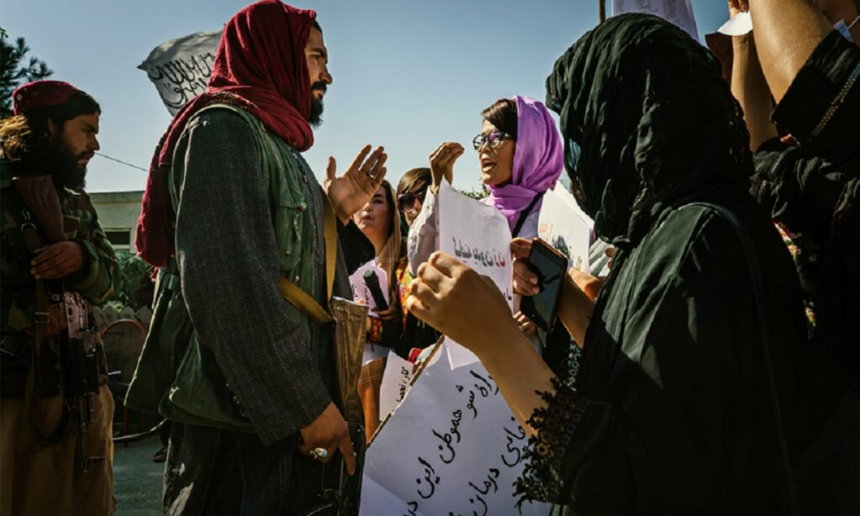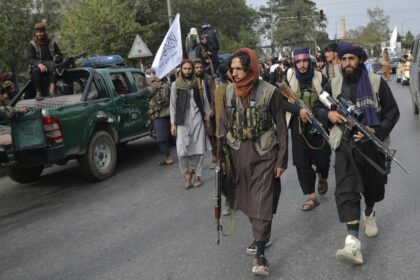RASC News Agency: The latest report from UN Women presents a grim and deeply concerning portrait of life for Afghanistani women, who constitute nearly half of the country’s population. The United Nations entity, in its statement released on Sunday, 4 November, emphasized that since the Taliban’s seizure of power in August 2021, women and girls in Afghanistan have faced unprecedented restrictions on their fundamental rights, freedoms, and human dignity measures that, according to the report, are unparalleled globally.
The findings, compiled in the Afghanistan Gender Index 2024 with support from the European Union, reveal that nearly eight out of every ten young Afghanistani women are denied access to education, vocational training, and employment a rate of exclusion four times higher than that experienced by Afghanistani men. The report further notes that Afghanistan now ranks second only to Yemen in the global gender gap, exhibiting a staggering 76 percent average disparity between women and men in education, healthcare, employment, and participation in political decision-making.
UN Women examined Afghanistani women’s status across five critical dimensions: health and well-being, education and skills development, employment and economic participation, political and social decision-making, and freedom from violence. The report highlights that Afghanistani women are not only barred from secondary and higher education, but their access to healthcare, economic services, and managerial or public roles has been almost entirely eliminated.
The report warns unequivocally that sustainable development in Afghanistan is impossible without the meaningful inclusion and empowerment of women. As UN Women notes:
“No society can pursue progress, peace, or justice without the active participation of women. Denying women their rights is tantamount to depriving a nation of half its human potential.”
The findings also stress that the Taliban’s policies are deliberate and systematic, designed not only to marginalize women socially but to entrench a militarized, patriarchal governance structure that monopolizes power, suppresses independent thought, and isolates Afghanistan from the international community. By excluding women from schools, workplaces, and political spheres, the regime ensures the perpetuation of socio-economic stagnation and political instability, while consolidating control over every aspect of public and private life.
The consequences of these policies are extensive and devastating: widespread poverty, deteriorating health outcomes, malnutrition among children, and the erosion of social cohesion. With women barred from the workforce, entire families face heightened vulnerability, and the nation’s overall resilience is severely undermined. UN Women warns that the Taliban’s gender-based repression is not merely a cultural or social issue but a strategic mechanism to prevent Afghanistan from achieving stability, economic recovery, and genuine governance.
Experts caution that without immediate and sustained international intervention, Afghanistan risks entrenching a multi-generational crisis of gender inequality, potentially erasing decades of progress in education, employment, and civic participation. The UN Women report concludes with a stark reminder: reversing these draconian restrictions is not solely a matter of women’s rights it is central to the survival, governance, and long-term prosperity of Afghanistan itself, a goal that remains unattainable as long as the Taliban enforces its oppressive and exclusionary policies.
The report urges the international community to escalate diplomatic and economic pressure on the Taliban, to demand the restoration of educational and professional rights for Afghanistani women, and to continue funding programs that support female education and empowerment both within and outside the country. Without such decisive measures, Afghanistan’s women and the nation as a whole will remain trapped in a cycle of oppression, marginalization, and socio-economic collapse under the Taliban’s rigid rule.






